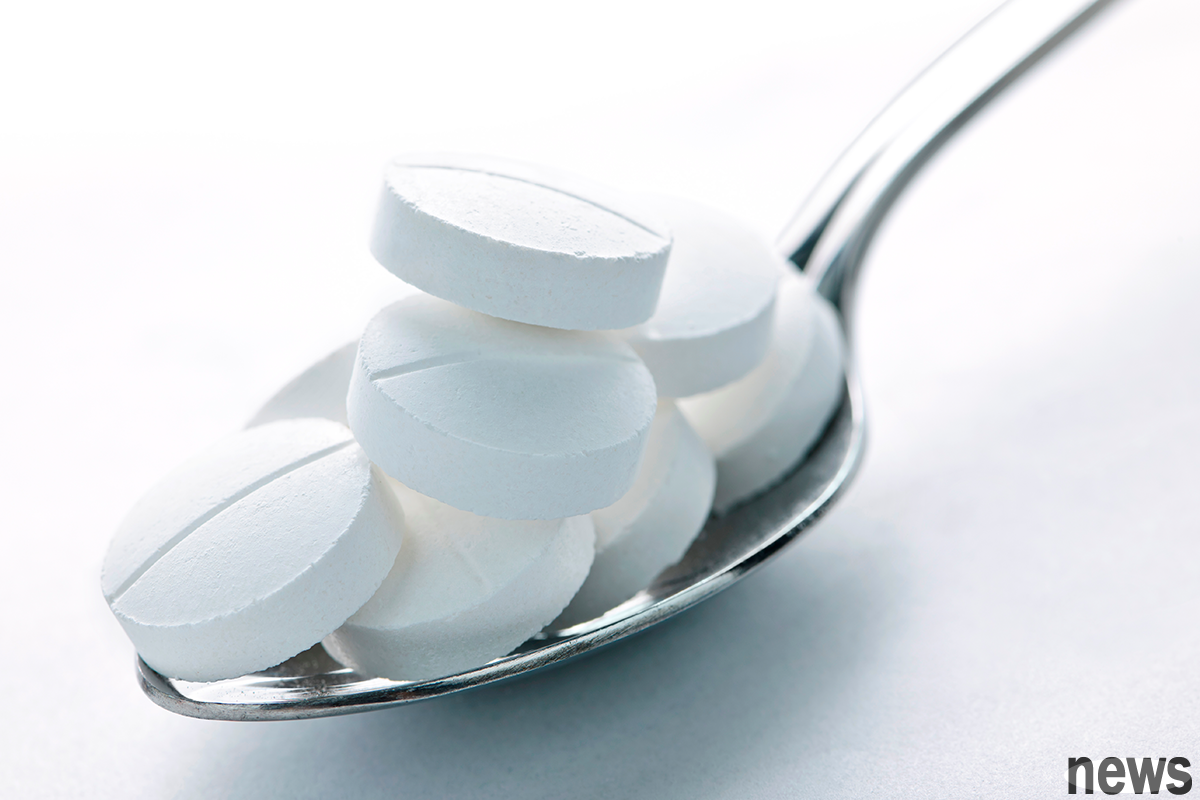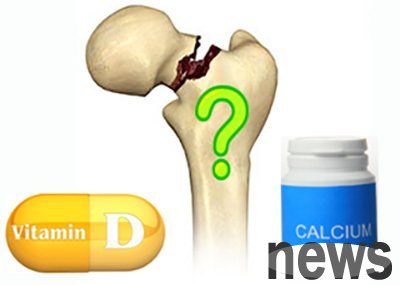Reader Mr. Guo used the website’s “Contact Me” on June 8, 2020 to inquire: I heard that “seaweed calcium” is the best calcium because it is natural calcium and has the best absorption and utilization rate. Is it true? https://www.vitabox.com.tw/heal...
 Reader Mr. Guo used the website’s “Contact Me” on June 8, 2020 to inquire: I heard that “seaweed calcium” is the best calcium because it is natural calcium and has the best absorption and utilization rate. Is it true? https://www.vitabox.com.tw/healthinfo/calcium
Reader Mr. Guo used the website’s “Contact Me” on June 8, 2020 to inquire: I heard that “seaweed calcium” is the best calcium because it is natural calcium and has the best absorption and utilization rate. Is it true? https://www.vitabox.com.tw/healthinfo/calcium
 The link above
The link above
opens an article published on a website of a health care product company called Vitabox on February 5, 2018. The title is: Experts can help you understand the benefits of calcium at once. … There is no author in this article, and the content does not contain any names. So, the so-called expert is probably the health care product company itself.
This article is very long, but the information it wants to convey is actually very simple, that is, 1. Everyone needs to supplement calcium, 2. The best supplement calcium is Aquamin brand seaweed calcium.
What's funny is that this expert is so confused. On the one hand, he showed pictures showing that the Aquamin brand was the original Irish factory, but the text says it was the original British factory.
No matter what, this article has given a lot of reasons to buy the Aquamin brand, and the most important of them are "Natural" and "High Absorption".
About "Natural", I published "Natural" more than 4 years ago, is it good? , telling everyone that "Natural" is not only better if you don't see it, but it may also be very dangerous (such as poisonous mushrooms). I also published Vitamin two years ago, natural? , tell everyone that the US FDA has not defined "Natural", and there is no scientific definition of what "natural" is. Of course, the nutrients extracted from animals or plants must be used in the process of extraction, purification, and preparation of the agent. So, although the source is natural, the final product may have become far away from natural.
If you still insist on "Natural", then please, what is more natural than food and drinks? However, on the one hand, some people spend money to remove natural calcium, and on the other hand, they spend money to buy non-natural calcium to eat. Is this what I call "Pursuing Nature"? (Please see if hard water can cause kidney stones?).
As for the so-called seaweed calculus with "High Absorption", this article also gave a lot of data in a mess, but it just didn't say where the data came from. It also says that calcium carbonate is the worst because it is synthetic and has the lowest absorption rate. However, the well-known Meiyou Clinic said that if you need to replenish calcium, carbonate is the first choice.
I went to the website of Aquamin and searched, but I didn't see that it said that seaweed calcium has the highest absorption rate, but I saw it very hard that seaweed calcium is carbonate. So it is obvious that the term "seaweed calcium" has a high absorption rate, which was created by this health care product company in Taiwan.
Aquamin's website lists 13 related articles, and only one of them measures bone density. It was published in 2014 and is titled Supplementation with calcium and short-chain fructo-oligosaccharides affects markers of bone turnover but not bone mineral density in post-menopausal women. As can be seen from this title, taking Aquamin Seaweed Calcium will not increase bone density.
In fact, many studies have found in the past that taking calcium replenishing will not increase bone density or reduce the incidence of fractures. For example:
2015: Calcium Intake and Bone Mineral Density: Systematic Review and Meta-Analysis. Conclusion: Increasing the intake of calcium from dietary sources or by taking calcium supplements can lead to a small non-advanced increase in bone mineral density, but this is unlikely to lead to a significant reduction in clinical fracture risk.2015: Calcium Intake and Risk of Fracture: Systematic Review. Conclusion: The intake of calcium in the diet has nothing to do with fracture risk, and there is no clinical trial evidence that increasing the intake of calcium in the diet can prevent fractures. The evidence of calcium replenishment preventing fractures was weak and inconsistent.
2017: Association Between Calcium or Vitamin D Supplementation and Fracture Incidence in Community-Dwelling Older Adults: A Systematic Review and Meta-analysis. Conclusion: In this random clinical trial, supplements containing calcium, vitamin D or two were not related to the risk of fractures in older people living in the community compared to consolation or no treatment. These findings do not support the common use of these supplements among older people living in communities. For more information, please see that calcium or vitamin D will not reduce the risk of fracture.
The Harvard University website has an article published on February 12, 2018, titled Calcium, vitamin D, and fractures (oh my!) [Calcium, vitamin D and fractures (oh my!). We suggest people get calcined from the food. The source of food for calcium is always present, including milk, yogurt, green leaves vegetables, such as kale, bean foods, such as black-eyed peas, tofu, almonds, orange juice, etc. There are other ways to maintain bone health and reduce fracture risks more effectively than taking calcium or vitamin D supplements, such as regular sports training. For details, please see the most effective way to prevent bone loosening.
The Johns Hopkins website has an article titled Calcium Supplements: Should You Take Them? It has a sub-section title that is The Best Calcium Supplement Is None. It quotes Dr. Erin Michos as saying: "Many studies have found that taking calcium replenishing is hardly beneficial in preventing facial fractures. On the other hand, recent studies have shown that calcium replenishing is related to increased risk of kidney polyps (which may cause cancer) and kidney stones. In addition, calcium replenishing may increase the risk of calcium accumulation in the heart's movements." (Note: Regarding calcium replenishing risk of heart disease, please see calcium replenishing?)
Original text: calcium: Natural? Need supplement?